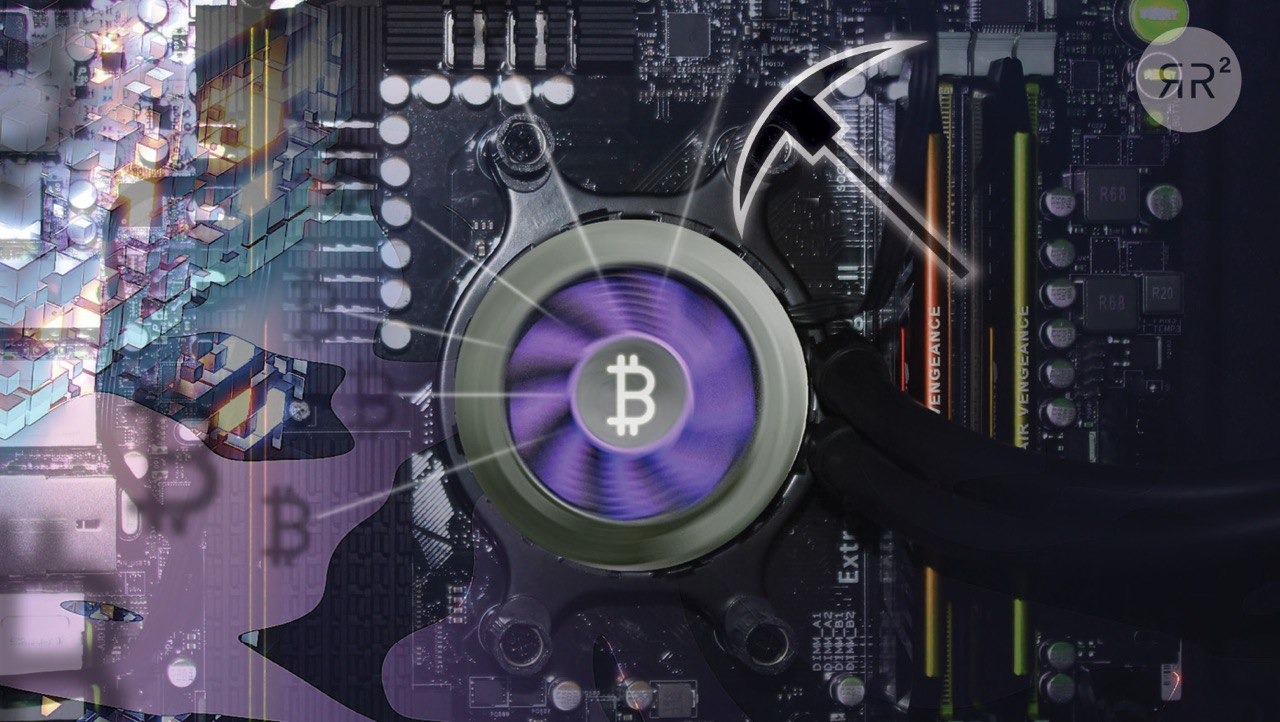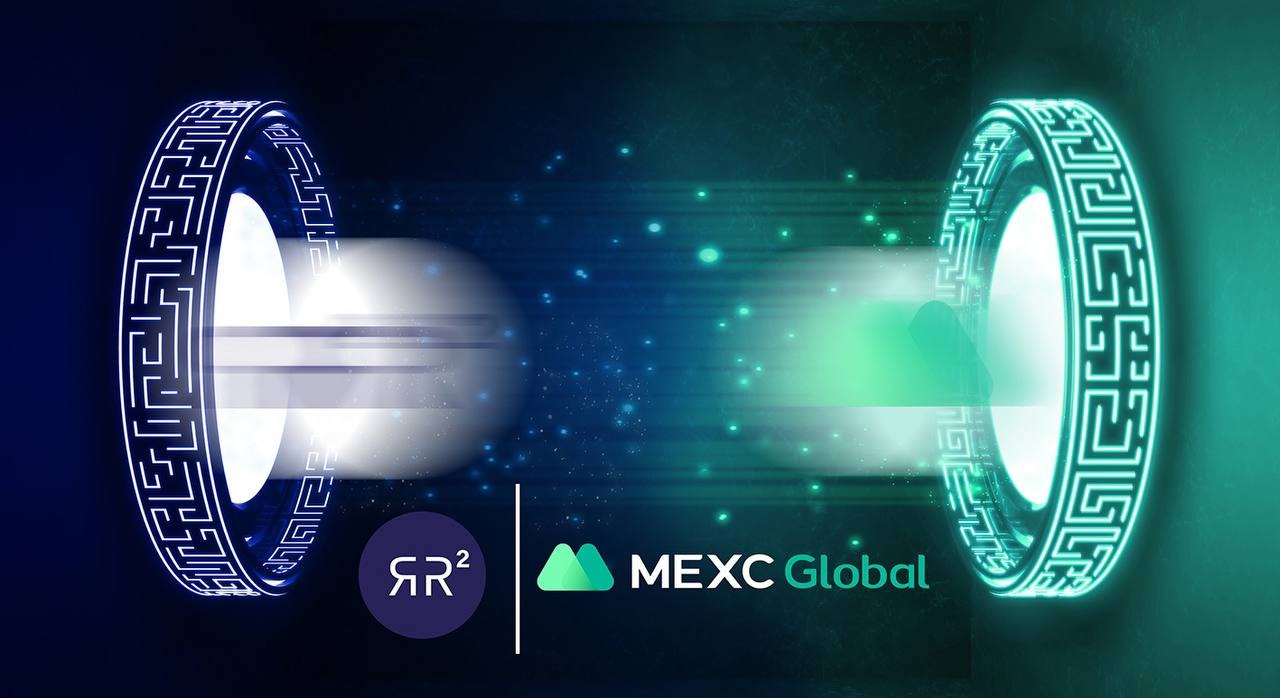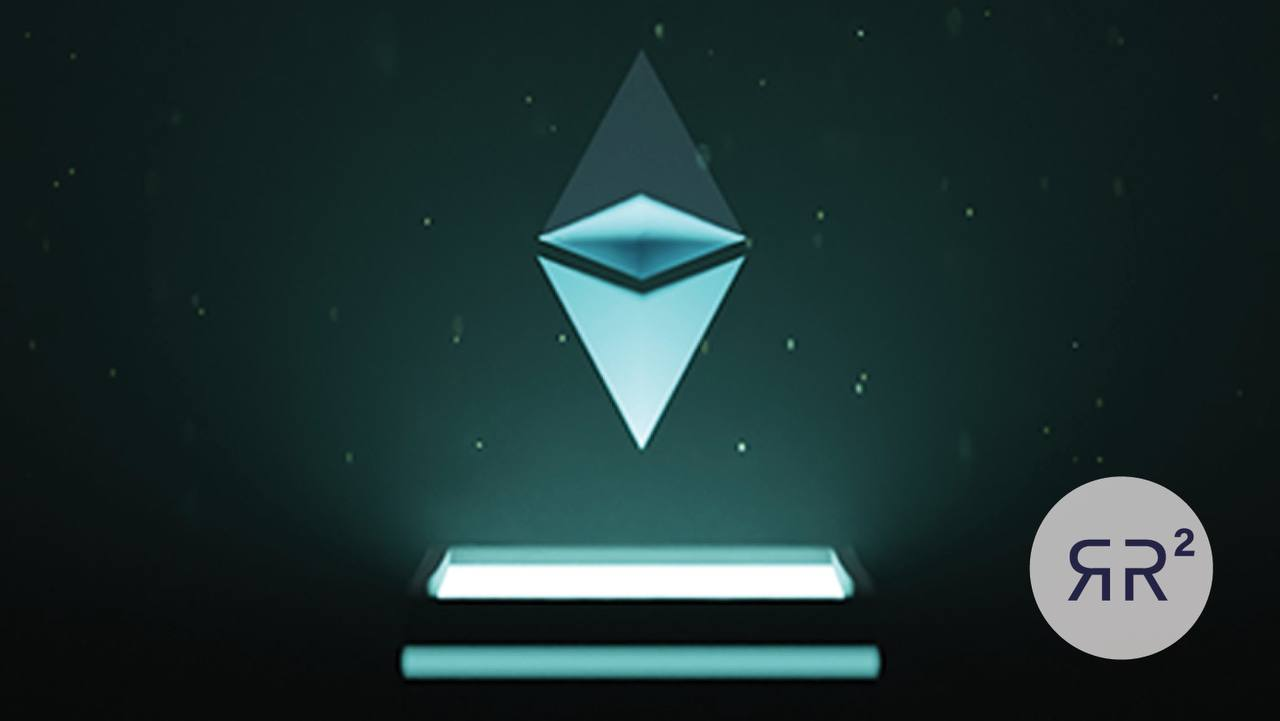Cryptocurrencies have been in the news for years now, but if you only recently decided to learn more about them, you may be wondering what exactly a cryptocurrency is and how the crypto market works.
It is a complex topic but learning about it is well worth your time as this technology is the future. So buckle in, and let’s dive into the world of crypto and blockchain.
What is cryptocurrency?
Cryptocurrency is a digital asset designed to work as a medium of exchange that runs on a secure network called a blockchain. It is a decentralized system, meaning it does not rely on any centralized authority or government. This makes it unique and attractive to many investors as it offers a degree of anonymity and privacy.
Cryptocurrency transactions are typically irreversible once they are verified, making them virtually impossible to counterfeit or double-spend. This also means that cryptocurrency can be used for a variety of purposes, from buying goods and services online to sending money abroad. They are also used as payment for running the blockchain network, as well as paying for the cost of transactions (called gas in crypto lingo).
Some other use cases include governance tokens, utility tokens in web3 games, and security tokens that give investors partial ownership of a company or asset. There are many new crypto applications under development, so it’s safe to say that there will be several additional ways we will use them in the future.
How does cryptocurrency work?
Cryptocurrency transactions are recorded in a shared, distributed ledger known as a blockchain. In essence, cryptocurrency works by allowing users to exchange value peer-to-peer without the need for any third-party intermediary such as a bank.
Every transaction is tracked on the blockchain’s public ledger, which ensures transaction integrity, creating an immutable history of all transactions that have taken place. The nature of cryptocurrency makes it highly secure since no one can transfer or manipulate money without access to the cryptographic keys used in each transaction.
With features such as privacy protection and low fees, cryptocurrencies are becoming increasingly popular as an alternative to traditional currencies around the world.
Mining
Bitcoin mining is the process of verifying and recording cryptocurrency transactions on a public ledger known as a blockchain. By providing computing power to validate and record transactions, miners are rewarded with rewards in the form of newly minted digital coins or transaction fees.
This financial incentive helps miners compete for block rewards that secure the network and creates new blocks and currency units. The value of these rewards can exceed the cost of electricity needed to run mining operations so crypto miners need an efficient setup with strong hardware, a reliable internet connection, and a constant electricity source.
Investing in specialized computer hardware like ASICs (Application-Specific Integrated Circuits) allows Bitcoin miners to access higher hash rates than general-purpose computers and yield better rewards, making it possible for them to remain competitive and continuously process more transactions.
Not all cryptocurrency miners use this proof-of-work method, most newer tokens operate with the proof-of-stake protocol instead to verify transactions. Proof-of-stake is a much less energy-intensive way of mining cryptocurrency while still guaranteeing secure transactions.
Buying and selling
Buying and selling cryptocurrencies is becoming easier as the digital market matures. Every day users can find a number of online exchanges that allow buyers to purchase different types of cryptocurrency, often using traditional payment methods like credit cards or bank transfers.
Once purchased, the coin or token can be stored in an online digital wallet, which can be accessed from anywhere in the world – though it’s important to ensure your wallet is secured with two-factor authentication and other safety measures. When ready to sell cryptocurrency, you simply locate the most suitable exchange offer based on liquidity and fees, enter the required information and confirm the transaction.
As buying and selling cryptocurrencies continues to grow in popularity, there will be more options available to facilitate these types of transactions; however, not all exchanges are created equal, and you should always do your own research and remain aware of the risks associated with trading digital currencies.
Storage
Cryptocurrency coins do not physically exist and are instead kept safe in code form within specialized cryptocurrency wallets. This is a digital wallet that provides access to the blockchain, the distributed ledger that records all transactions across multiple computers.
These wallets store pieces of information which include private and public keys as well as an address or a complement of addresses. The private key grants access to the wallet and is usually represented by a long string of alphanumeric characters, and the public key is available to anyone in the blockchain who needs it to send Bitcoin or other cryptocurrencies into a wallet.
Keeping your information secure is paramount when it comes to storing your tokens; using reliable wallet providers such as safeguarding with encryption and backup features will go a long way towards protecting your crypto assets. Hardware wallets are considered the gold standard for storing your valuable cryptocurrencies.
Transactions
Crypto transactions function on a decentralized payment network, meaning that no central authority is needed to authorize transfers of money. Instead, blockchain technology supports cryptocurrency records and verifies each transaction through a secure sequence.
All recently confirmed transactions are stored in a public ledger known as the blockchain, which allows users to verify their identities and funds when sending or receiving crypto. Transactions are confirmed by miners who use computers to solve complex puzzles in order for the digital currency to be transferred between two parties. Once miners verify transactions, they are recorded onto the blockchain and can be accessed from anywhere with an internet connection.
As cryptos are not subject to any central regulation or third-party oversight, users need to understand how these secure systems work before investing or trading in them.
Types of cryptocurrencies
There are numerous types of cryptocurrencies available today, each serving its own purpose and contributing to the great promise of blockchain technology.
The most popular type is Bitcoin, a decentralized digital currency that was created in 2009. It is often referred to as “digital gold” as its main purpose is the store of value.
Ethereum is another decentralized cryptocurrency, but it’s used to facilitate smart contracts, which make transactions more verifiable and secure. Several other cryptos are operating in a similar fashion, providing the base layer for smart contracts run by other crypto projects built on them.
Ripple’s native cryptocurrency XRP promises to bring banks, payment providers, digital asset exchanges and corporations together on one blockchain-based platform – but currently facing legal uncertainty. Litecoin is also a cryptocurrency that utilizes peer-to-peer technology to operate with no central authority and manage online payments quickly with low fees.
Besides these big tokens, there are other types of cryptocurrencies, such as stablecoins, privacy coins and utility tokens, each of which performs a different function.
No matter what type of cryptocurrency you are dealing with, it is important to understand its purpose and the underlying technology before investing or trading in them. Every crypto asset is unique and carries its own risks.
How do crypto markets work?
The virtual currency market works on the same principles as a traditional stock market and other financial markets. But, instead of trading stocks and bonds, digital currencies are bought and sold with each other. This means that, like in any market environment, buyers compete with sellers to put their money into what offers the best return.
To facilitate this process, centralized exchanges act as intermediaries between buyers and sellers; they match orders and securely track transactions while allowing users to trade one cryptocurrency for another.
Unlike traditional markets, though, crypto tokens can also be traded on decentralized exchanges (DEXs). These are online platforms that don’t rely on a central body or intermediary for trading but instead use smart contracts to execute trades directly between two parties. This makes it easier and faster for users to trade cryptocurrencies without having to go through the process of verifying their identity with a centralized exchange.
The crypto market is constantly shifting in value due to its decentralized and relatively unregulated nature, creating a unique investment opportunity that many traders find attractive due to its potential for high returns.
Buying crypto on exchanges
When it comes to buying cryptocurrency, you’ve got choices. One of the most popular options is a centralized exchange – an online platform where you can buy and sell cryptocurrencies with other users using cash or credit cards. It makes it easy to take your fiat currency (such as USD) and exchange it for whatever coins or tokens they offer.
Many centralized cryptocurrency exchanges also feature trading tools that give investors more control over their trading strategies, helping them stay on top of market trends and set reasonable goals according to their budgets. Despite being user-friendly and allowing one to buy cryptocurrency safely, centralized exchanges do have their drawbacks, mainly that tokens left on a cryptocurrency wallet are controlled by the exchange, not the token owner.
In response, DEXs have been developed as a platform for direct peer-to-peer trading without an intermediary or middleman. Benefiting from decentralized technology, these exchanges eliminate the risks associated with trusting a third party to facilitate trades by providing traders with an immutable record of order books and transaction history that can be certified outside of the traditional banking system.
Other advantages include increased privacy and low transaction fees. As such, buying tokens on decentralized crypto exchanges is becoming increasingly popular among experienced investors who are looking for a secure and convenient way to trade.
Which cryptos to buy?
This is a loaded question and one that does not have a quick and easy answer. Which crypto is the best one to buy will depend on many factors, such as the amount of money you have, your risk tolerance, your investment goals, and the timeframe you are looking to invest over. Bitcoin is the most popular cryptocurrency, but it does not automatically mean that it should be your first cryptocurrency to invest in.
We recommend that when deciding what crypto to buy, you consider the following:
– The project’s purpose and use case. Does it have a solid vision and team behind it?
– Market capitalization and liquidity. Is the coin widely traded on exchanges? How much volume is there?
– The current and potential value of the coin. What is the market price today, and what is its future potential?
– Regulatory considerations. Does the coin comply with applicable laws and regulations in your jurisdiction?
By doing your own research and taking into account these factors, you will be well on your way to making an informed decision about which crypto you should buy.
What moves the cryptocurrency market?
Cryptocurrency markets are a booming industry, with prices being driven by a variety of different factors. Supply and demand play a role in determining the values of each coin, as do news reports about regulations – or lack thereof – from major governments.
Moving political events such as changes in policy towards online banking, taxation of digital assets, and technological innovations like blockchain can strongly influence the volatility of cryptocurrency prices too.
Additionally, large traders having significant holdings can also cause shifts in the market when they move their coins. This is one of the reasons why the bankruptcy of a large crypto player – such as an exchange of a big crypto fund – can have a domino effect. If other big firms have significant exposure to the one who went bankrupt, they may have to liquidate some of their positions to cover losses, which can lead to prices falling sharply.
The crypto market is also cyclical in nature – just like many other markets – and prices can be greatly influenced by a market cycle shifting into a new direction.
While the cryptocurrency market remains somewhat unpredictable and volatile compared to traditional currencies, those who understand what moves it can often make an outsized return on their investments.
Pros and cons of cryptocurrencies
Some of the pros of cryptocurrencies include:
- Offering decentralized control and ownership of funds.
- Greater privacy and anonymity compared to traditional financial systems.
- Lower transaction fees than those charged by credit card companies or banks.
- Faster transaction times due to the lack of a centralized middleman.
- Reducing fraud risks since there are no chargebacks.
On the other hand, some of the cons of cryptocurrencies include:
- Volatility due to their relatively small market caps.
- Lack of consumer protection since there is no central authority to act as a mediator in case of disputes.
- Risk of scams and fraud due to the anonymous nature of digital currency transactions.
- Risk of money laundering since there is no central authority to monitor and regulate cryptocurrency trading.
- Limited options for spending cryptocurrencies due to their relatively small market presence compared to traditional currencies.
FAQ
Is cryptocurrency safe?
Modern cryptocurrency protocols have strong encryption measures that protect users’ financial information and prevent malicious hacking attempts. While there is always a level of risk involved in online transactions, using a secure cryptocurrency wallet, keeping informed on the latest security trends, and reading reviews are all important steps when investing in cryptocurrency.
Even so, before you begin trading, you should still exercise caution and understand the risks associated with digital assets before making any cryptocurrency investments.
Cryptocurrency legal and tax issues
Cryptocurrency taxation and legality has become an increasingly important issue due to the rise of online trading of digital assets. As the use of cryptocurrency grows, governments around the world must determine how to treat these virtual currencies with regard to both tax laws and legal regulations.
A variety of approaches have been proposed, such as taxing cryptocurrency as property, currency, or securities. Thus far, investors in cryptocurrency are facing an extreme amount of uncertainty, as there are no unified rules and no international consensus regarding regulation.
Therefore, it is important for investors holding or trading cryptocurrency to speak with qualified professionals about their particular legal and tax needs before engaging in cryptocurrency-related trades.
About RR² Capital
For more information about RR² Capital and our expansive disruptive technology-focussed investment portfolio, visit our website here or send us a mail here.








